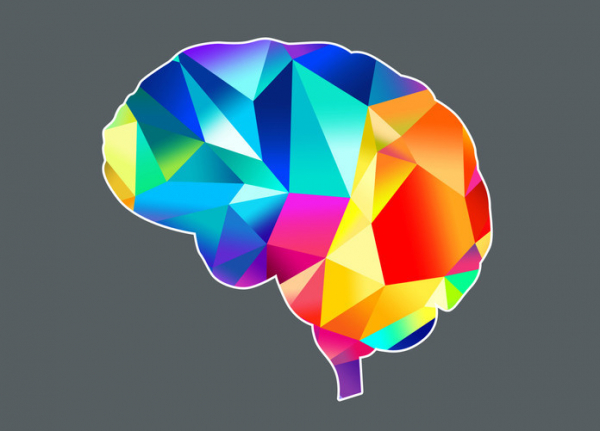The art of a heartfelt apology

If you’ve been stuck mostly at home with one or more family members over the past year, chances are you’ve gotten on one another’s nerves occasionally. When you’re under a lot of stress, it’s not uncommon say something unkind, or even to lash out in anger to someone you care about. And we all make thoughtless mistakes from time to time, like forgetting a promise or breaking something.
Not sure if you should apologize?
Even if you don’t think what you said or did was so bad, or believe that the other person is actually in the wrong, it’s still important to apologize when you’ve hurt or angered someone. “To preserve or re-establish connections with other people, you have to let go of concerns about right and wrong and try instead to understand the other person’s experience,” says Dr. Ronald Siegel, assistant professor of psychology at Harvard Medical School. That ability is one of the cornerstones of emotional intelligence, which underlies healthy, productive relationships of all types.
How to apologize genuinely
For an apology to be effective, it has to be genuine. A successful apology validates that the other person felt offended, and acknowledges responsibility (you accept that your actions caused the other person pain). You want to convey that you truly feel sorry and care about the person who was hurt, and promise to make amends, including by taking steps to avoid similar mishaps going forward as in the examples below.
According to the late psychiatrist Dr. Aaron Lazare, an apology expert and former chancellor and dean of the University of Massachusetts Medical School, a good apology has four elements:
- Acknowledge the offense. Take responsibility for the offense, whether it was a physical or psychological harm, and confirm that your behavior was not acceptable. Avoid using vague or evasive language, or wording an apology in a way that minimizes the offense or questions whether the victim was really hurt.
- Explain what happened. The challenge here is to explain how the offense occurred without excusing it. In fact, sometimes the best strategy is to say there is no excuse.
- Express remorse. If you regret the error or feel ashamed or humiliated, say so: this is all part of expressing sincere remorse.
- Offer to make amends. For example, if you have damaged someone’s property, have it repaired or replace it. When the offense has hurt someone’s feelings, acknowledge the pain and promise to try to be more sensitive in the future.
Making a heartfelt apology
The words you choose for your apology count. Here are some examples of good and bad apologies.
|
EFFECTIVE WORDING |
WHY IT WORKS |
|
“I’m sorry I lost my temper last night. I’ve been under a lot of pressure at work, but that’s no excuse for my behavior. I love you and will try harder not to take my frustrations out on you.” |
Takes responsibility, explains but does not excuse why the mistake happened, expresses remorse and caring, and promises reparation. |
|
“I forgot. I apologize for this mistake. It shouldn’t have happened. What can I do to avoid this problem in the future?” |
Takes responsibility, describes the mistake, makes the person feel cared for, and begins a conversation about how to remedy the error. |
|
INEFFECTIVE WORDING |
WHY IT WON’T WORK |
|
“I apologize for whatever happened.” |
Language is vague; offense isn’t specified. |
|
“Mistakes were made.” |
Use of passive voice avoids taking responsibility. |
|
“Okay, I apologize. I didn’t know this was such a sensitive issue for you.” |
Sounds grudging, thrusts the blame back on to the offended person (for “sensitivity”). |
About the Author

Julie Corliss, Executive Editor, Harvard Heart Letter
Julie Corliss is the executive editor of the Harvard Heart Letter. Before working at Harvard, she was a medical writer and editor at HealthNews, a consumer newsletter affiliated with The New England Journal of Medicine. She … See Full Bio View all posts by Julie Corliss
About the Reviewer

Howard E. LeWine, MD, Chief Medical Editor, Harvard Health Publishing
Dr. Howard LeWine is a practicing internist at Brigham and Women’s Hospital in Boston, Chief Medical Editor at Harvard Health Publishing, and editor in chief of Harvard Men’s Health Watch. See Full Bio View all posts by Howard E. LeWine, MD




